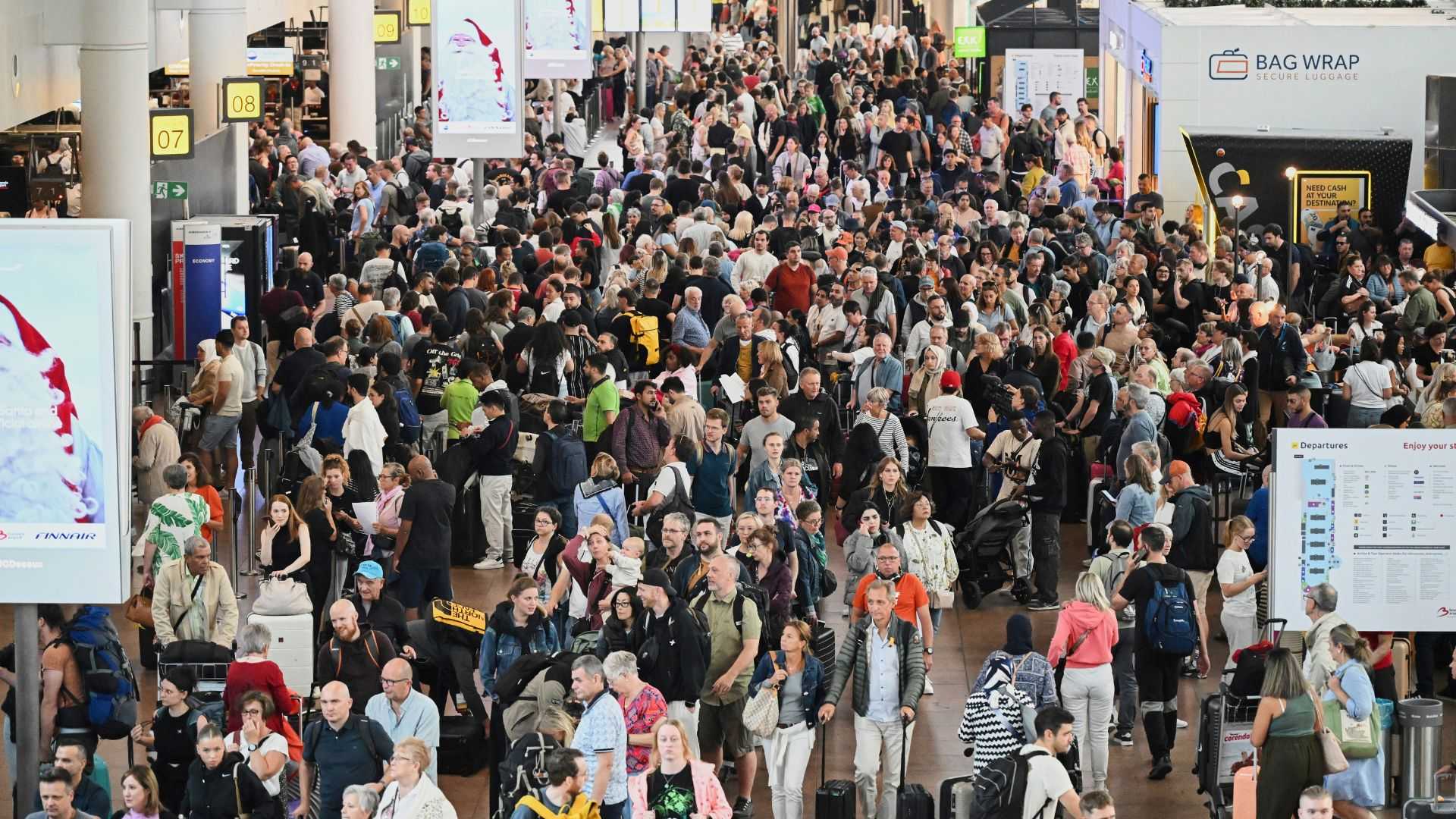News
Cyberattack Disrupts Major European Airports, Causes Flight Delays

BRUSSELS/FRANKFURT/LONDON — A cyberattack on a software provider disrupted operations at several major European airports on Saturday, causing delays and cancellations of flights, notably at Heathrow, the busiest airport in Europe.
Heathrow Airport reported that a technical issue impacted its electronic check-in and baggage system, leading to significant delays for passengers. Additionally, Brussels and Berlin Airports confirmed similar issues, forcing airlines to switch to manual boarding and check-in procedures.
RTX, the parent company of Collins Aerospace, the affected service provider, acknowledged the disruption and stated it was working diligently to resolve the issue. The company emphasized that while electronic check-in and baggage drop were affected, manual operations could mitigate the impact.
Flight tracker FlightAware indicated that hundreds of flights were delayed across major airports. Heathrow announced at least 29 flights had been canceled by the morning, while Brussels and Berlin airports also reported extended waiting times and disrupted schedules.
Passengers expressed frustration over the long lines and lack of communication from airline staff. Lucy Spencer, who was trying to check in for a Malaysia Airlines flight, described a chaotic scene at Heathrow’s Terminal 4 with hundreds of people queuing. She reported issues with boarding passes that failed to work at the gates.
“They told us to use the boarding passes on our phone, but when we got to the gates they weren’t working,”
she said.
Another traveler, Monazza Aslam, lamented missing her onward connection due to delays. I’ve been at Heathrow with my elderly parents since 05:00. We are hungry and tired,”
she shared. Johnny Lal, who was traveling for his mother-in-law’s funeral, added that he and his mother would miss their flight due to the disruption.
Transport authorities, including the National Cyber Security Centre, are collaborating with Collins Aerospace and airports to investigate the incident. The European Commission stated that initial assessments showed no signs of a widespread attack.
Despite the chaos, some airlines, including British Airways, continued to operate normally using backup systems. Other carriers like EasyJet and Ryanair also reported no interruptions to their flights. Collins Aerospace has not confirmed the source or nature of the cyberattack, and it remains unclear who is responsible.
Cybersecurity experts suggest this incident highlights vulnerabilities within the aviation sector and the interdependence of digital systems that support air travel. A private investigation is ongoing, as airports urge travelers to check their flight statuses directly with airlines before heading to the airport.
Meanwhile, Brussels Airport announced significant impacts on flight schedules and expected ongoing disruptions through the weekend.












